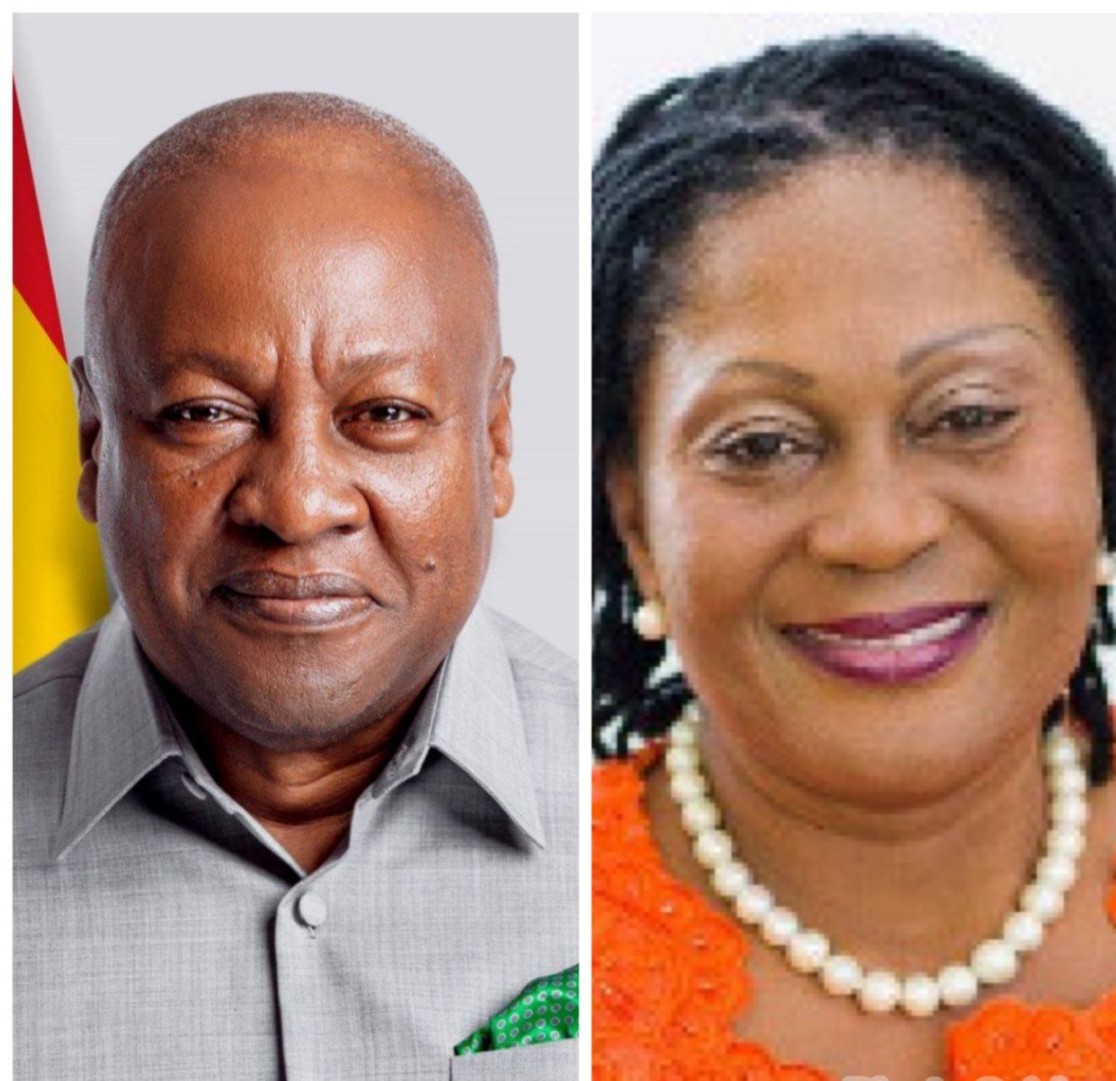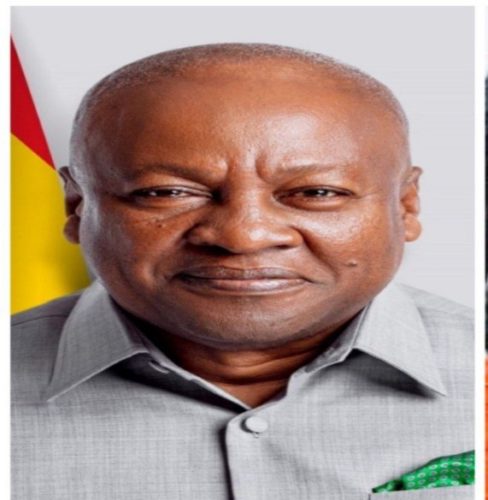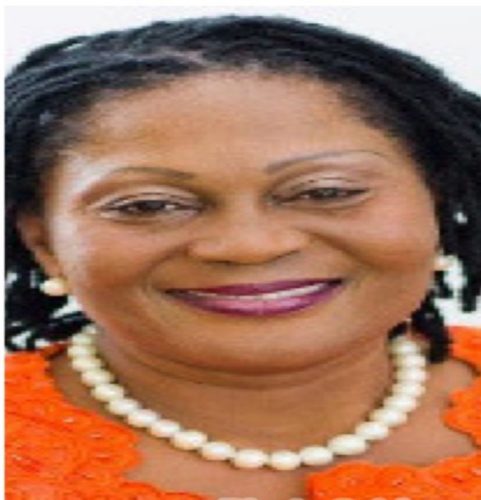Savanna Region : How Long Is the First Lady’s Hand in Deciding the Fate of Gonjaland in John Mahama’s Government?

The game of politics today is a complex one, so much so that what is construed as politics by onlookers is not always what it seems. To the public, politics is often reduced to selecting candidates for elections, influencing voter enthusiasm, passing legislation, balancing budgets, and other visible acts made available for public consumption.
However, the real action in politics is mostly hidden beneath the surface, much like the massive portion of an iceberg that remains submerged, supporting the tip that creates a mirage for onlookers. The masses only see and feel the speeches and official letters, while the true decision-making forces are often concealed.
The elections are over, and H.E John Mahama has received an overwhelming endorsement from the Ghanaian people. This comes with immense responsibility and an arduous task. He must be both a politician and a statesman in order to succeed. As a statesman, his decisions should be fair, ideal, and geared towards reconciliation. As a politician, his actions must be ruthless, realistic, and firm.
When it comes to managing his home region, Savannah, H.E John Mahama must adopt a political approach rather than a statesman’s one. This is because there are high expectations from his home region, just as other regions and groups have their own demands.
There has been widespread talk about the lack of extensive consultation regarding appointments from Savannah Region. The Regional Executives, especially the Regional Chairman, are reportedly dissatisfied with the appointments made so far. The suspicion is that he, along with other key stakeholders like traditional authorities, was not sufficiently consulted.
Rumors are circulating in Gonjaland suggesting that some hidden hands are manipulating appointments to disadvantage the region in favor of selfish interests. The situation is even more concerning in Bole, where the youth and traditional authorities believe that their in-law, the First Lady, is trying to undermine their demand for their MP to be appointed as a substantive minister.
There are genuine questions being asked by the people of Savannah Region. Why was Alhaji Limuna Muniru, a person with vast governance experience, left out of a cabinet position? He is well-connected to traditional authorities and the grassroots, and should have been considered for a ministerial position, perhaps even as Minister of State at the Presidency in charge of Human Resource Development and Scholarship, as he was during John Mahama’s first administration.
What about Hon. Yussif Sulemana, the President’s MP? Is it true that the President has been advised by National Executives that he cannot appoint his own MP as a substantive Minister? If this is indeed the reason for some appointments being delayed, then how does one explain the appointment of the National Chairman’s son as Deputy CEO of MIIF, while Hon. Ahmed Ibrahim is nominated for the strategic Ministry of Local Government and Rural Development?
It is well known that Malik Basintale became the face of the 2024 campaign, especially within the youth bracket. He left the comfort of media studios and went into the hinterlands, riding motorbikes to galvanize voter enthusiasm. So why has it become difficult for him to be appointed CEO of either the Minerals Commission or the Forestry Commission? Why are certain hidden hands obstructing his request, while appointments are being granted to opposition figures who openly boast of their connections to the First Lady?

Is it true that Abu Jinapor’s wife has closer access to the First Lady than even the National Executives of the NDC? And are she and her husband secretly working to block certain individuals from being appointed to benefit their own interests in Savannah Region?
Indeed, H.E John Mahama has no choice but to ensure that Savannah Region remains a stronghold for the NDC, just as Rawlings did for Volta. Anything less would scar his political legacy. Both H.E John Mahama and the late Prof. Mills have benefited from the unwavering support of Volta, and now the question is: what will John Mahama leave for the NDC in Savannah?
The NPP in Savannah is not dead. It may be a bruised viper, but it will heal and strike back when the time comes. The results of the 2024 election in the region are telling. While regions like Upper West, Upper East, Oti, and Volta gave the NDC all their seats, Savannah struggled to secure 6 out of 7 seats. Though nominally the NDC has made some gains, the party is sitting on a fragile foundation, as the NPP will likely bounce back in 2028 when H.E John Mahama exits the scene. Abu Jinapor will surely make a strong comeback, aiming for the Presidency.
This is not to suggest that the two appointments so far, though from one constituency, are bad. Hon. John Jinapor is a brilliant and hardworking individual who contributed significantly to the NDC’s victory, and his appointment is deserved. Likewise, Hon. Salisu Biawurbi is an experienced legal mind with substantial governance experience. However, the key to making everything right is extensive consultation.
Will Hon. Yussif Sulemana Ori be given the substantive Ministry as expected by chiefs, youth, religious leaders, and the Regional Chairman and Executives? Or will he be denied, as some fear? Will Alhaji Muniru be appointed to a major position? What about Malik Basintale’s bid for a role at the Mineral Commission? How about Hon. Adam Mutawakilu? What about Hajia Zuwera from Salaga South Constituency?
Tensions are rising in Savannah Region. The youth and chiefs are anxiously awaiting the final appointments. H.E John Mahama needs a clear leader to guide his agenda in Gonjaland and leave a lasting legacy. If he fails, it could be a political disaster that might only become apparent after he leaves office. H.E John Mahama must act decisively. Bole must not be overlooked again, and Gonjaland must not be cheated.
Story by: Adam Jabu, Savannah Region





